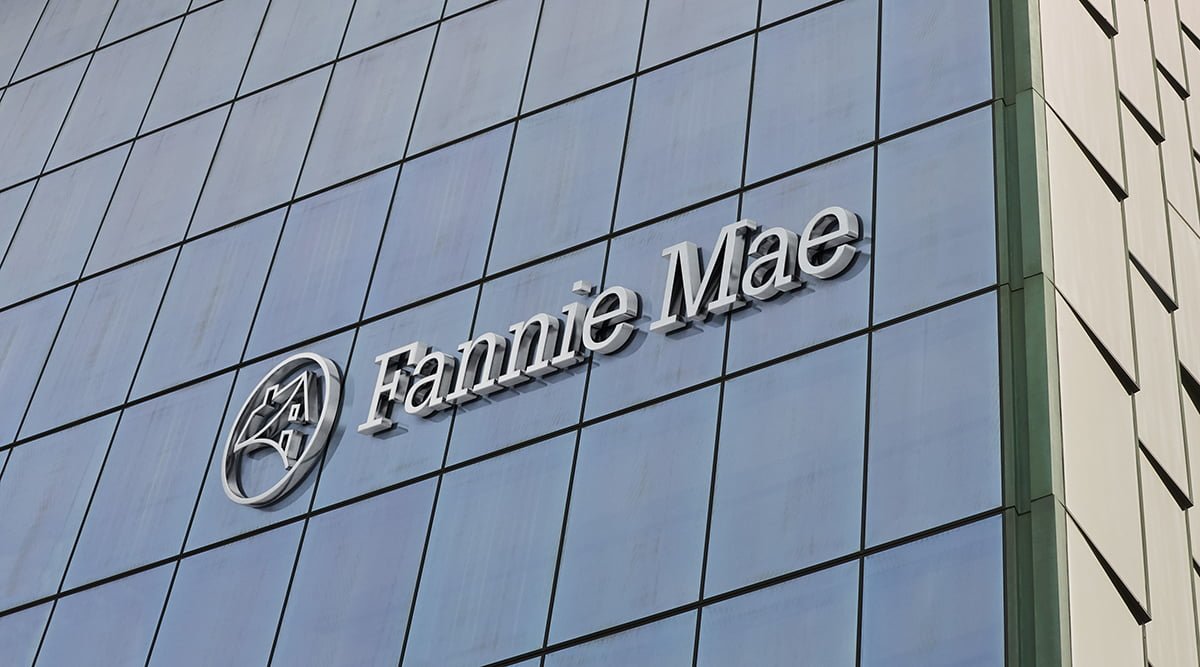The fight over the so-called “net worth sweep” has been impacting Fannie Mae and Freddie Mac for years, but it could soon be over. The federal government has finally started to move on getting the two government-sponsored enterprises out of conservatorship, and now there’s a new development.
The Treasury Department and the Federal Housing Finance Agency could sign an agreement ending the net worth sweep within the next 10 days, according to bank analyst Dick Bove of Odeon Capital. However, he said that could essentially a non-event, and he explained what needs to happen in order for progress to actually be made on the issue.
Q2 hedge fund letters, conference, scoops etc
Elimination of the net worth sweep to be a non-event?
In a note on Thursday, Bove explained why he thinks it wouldn't really matter if the Treasury and FHFA agreed to eliminate the net worth sweep, which requires the GSEs to give all their earnings to the Treasury in dividends. He said that according to his sources, the agreement would merely be a temporary arrangement that would last for about 18 months.
The agreement will supposedly enable the two agencies to avoid another fight with the Fifth Circuit Court. The court ruled that the net worth sweep is illegal in its current form but did not state that the concept itself was wholly illegal. Bove explained a crucial point regarding the agreement.
"It appears that the document about to be released by the Treasury will not indicate that the senior preferred that it holds in both Fannie Mae and Freddie Mac will be assumed to have been paid. If that is in fact the case, the two GSEs will still owe the 10% cash dividend on that instrument."
In other words, he said if the agreement does not actually state that the senior preferred is paid in full, the drain on Fannie and Freddie will continue. Additionally, if the agreement is merely a short-term deal to calm the Fifth Circuit Court, then the problem hasn't actually been solved. He also said a statement about the capital required for the GSEs is needed. Additionally, he said if FHFA chief Mark Calabria continues in his refusal to negotiate with shareholders, then the agreement means nothing.
What Fannie Mae and Freddie Mac actually need
In another note on Friday, Bove explained what would actually be needed in order for the elimination of the net worth sweep to actually be progress. He noted that the net worth sweep has already been declared illegal in its current form, so what the government must do is forego all further dividend payments on its senior preferred shares. Some believe this has already decided, but it's unclear.
He also believes the agreement should state that the senior preferred owned only by the government would be declared paid in full and the issue retired. Some also believe this has happened, but once again, it's unclear.
Bove also said the government must define clearly how the GSEs will be able to build capital. Merely saying that they can't isn't enough. Officials must state how Fannie and Freddie can do it.
Additionally, he said there must be a sign that the lawsuits filed against the government and the GSEs will be dropped. The government must "pull back its vigorous defense," and negotiations between shareholders and the appropriate government officials must begin. Some other moves would include some sort of payment to holders of the GSEs junior preferred shares. Further, holders of their common shares should get nothing until the issue over the junior preferred shares has been solved.
Net worth sweep and private sector
Bove also said there must be some sort of capital plan so investors can see how much money will be needed from the private sector.
Further, he said there will have to be some signs that Fannie Mae and Freddie Mac can grow their earnings after they have been privatized. There must be no big government payments keeping their earnings from growing, and the GSEs must stop paying the Treasury to support its general budget. The government can't support competitors that will reduce the GSEs' ability to make money. Subsidization of low-income housing must remain Ginnie Mae's focus.
Bove also argues that Calabria "needs to be put in a box, his position has been declared unconstitutional."
He also noted that investors are piling into Fannie's and Freddie's preferred shares because they believe the government has already addressed the major problems. However, at current price levels, he would prefer some sort of confirmation of that.
This article first appeared on ValueWalk Premium






